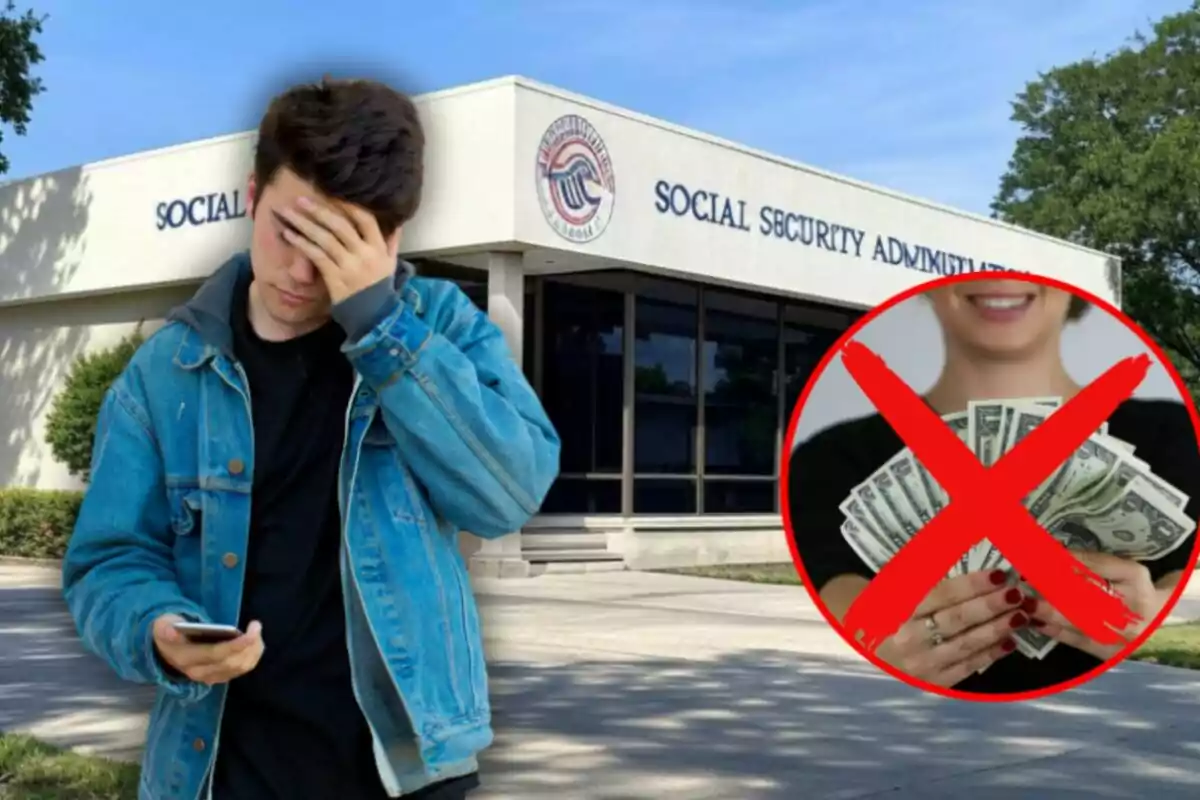
Urgent notice about the IRS: US Social Security gets you out of trouble, beware
Social Security Issues a Call to All of America: Never Trust These Calls, It's for Your Own Good
The Social Security Administration (SSA) and the Internal Revenue Service (IRS) have issued an urgent alert about a concerning increase in phone and electronic scams in the United States. Scammers pose as employees of government agencies, such as the SSA or the IRS, to deceive people and obtain money or personal information.
Important Alert from the SSA About the IRS: This Is How Scammers Operate, Be Very Careful
Criminals use increasingly sophisticated techniques to appear legitimate. They can spoof caller IDs to make it seem like the call is coming from an official agency. They also send emails or text messages that appear to be official communications.

In many cases, they claim there's a problem with the Social Security number or that money is owed to the IRS. They demand immediate payments through unconventional methods, such as gift cards or wire transfers.
These tactics aim to create a sense of urgency and fear, pressuring victims to act without thinking. Common threats include arrest, deportation, or suspension of benefits if the scammers' demands aren't met.
How to Identify These Scams? Take Good Note
It's important to remember that neither the SSA nor the IRS demand immediate payments by phone or request personal or financial information through unsolicited calls. They also don't threaten with arrest or immediate legal action, nor do they ask for payments via gift cards, cryptocurrencies, or wire transfers.
If you receive a call or message that matches any of these characteristics, it's likely a scam. If you believe you've been contacted by a scammer, do not provide any personal or financial information.

Hang up the call immediately or delete the suspicious message and report the incident to the appropriate authorities: For scams related to the SSA, visit oig.ssa.gov and for the IRS, visit IRS Impersonation Scam Reporting.
Tips to Protect Yourself in the Best Way: The SSA Speaks Clearly
Be wary of unsolicited calls or messages requesting personal information or payments. Always verify the authenticity of communications by contacting the agency directly through official channels.
Keep your contact information updated with government agencies to receive official notifications. Educate family and friends about these scams, especially older individuals who may be more vulnerable.
The SSA and the IRS are actively working to combat these scams and protect citizens. However, vigilance and education are essential to avoid falling victim to these frauds. Stay informed and act with caution when faced with any suspicious communication.
More posts: